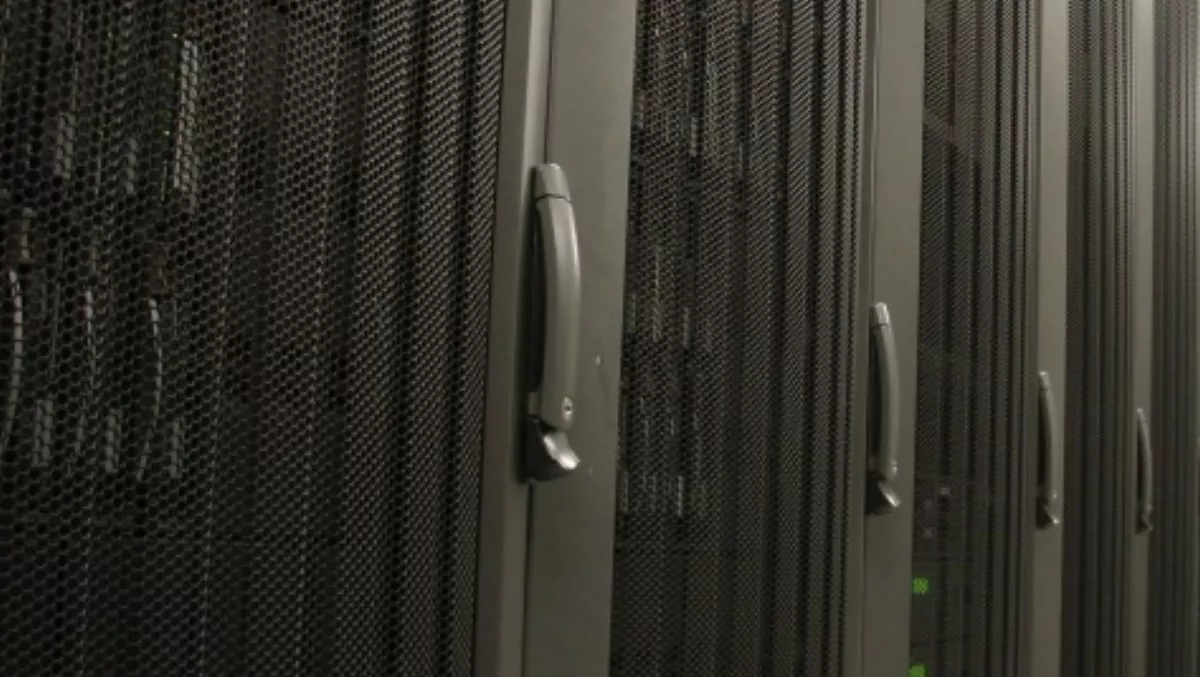
EcoCooling maximises efficiency in new Hamilton Data Centre
Efficiently maintaining the operating temperatures of powerful computers is one of the major challenges facing data center operators today. In a bid to combat this, telecommunications provider, Compass Communications, has introduced EcoCooling technology at its new Te Rapa facility.
EcoCooling is up to 90% more efficient than traditional air conditioning systems, reducing power consumption and delivering a more environmentally friendly facility. Best of all, it does this using nothing but air and water, and has no moving parts.
While it sounds almost too good to be true, it has been proven in over 200 data centers around the world.
Steve McCarthy, CNS Operations Manager for Compass, says, "Traditional data center cooling uses lots of chilled water which in turn uses a lot of power. EcoCooling, on the other hand, uses filtered fresh air and tap water. Now, for the first time, EcoCooling is being put to work in New Zealand, resulting in a data center which costs less to run.
Produced by a United Kingdom-based company, the EcoCooling system leverages the principle of evaporative cooling; when water evaporates, heat is absorbed and the temperature drops (a principle which is at work to cool us when we sweat).
The EcoCooling system draws in fresh air, filters it and measures the temperature; if it is too cool, the incoming air is mixed with exhaust air from the data center. Too warm, and the air is cooled through the evaporation of water, which is supplied into the system at normal mains pressures. Air of the appropriate temperature is then circulated into the servers and other equipment within the data center.
"A cold air containment system is in place, with ducting above, feeding cool air into the front of the equipment. Hot air is extracted and vented, or reused in the system if required," McCarthy adds.
McCarthy points out that the traditional perception that data center equipment requires cold air has given way to an understanding that continuous flow is what is required. "If that air is between 23 and 26 degrees, with controlled humidity, it is quite suitable," he says.
As to why more local data centers aren't yet using EcoCooling, McCarthy says operators of such facilities are quite conservative, and for good reason.
"You don't want any surprises in a data center, particularly with something as critical to effective operations as cooling. However, EcoCooling is proven internationally; in some data centers, its introduction has not only reduced power consumption, but also resulted in the closing down and removal of traditional refrigeration equipment, freeing up floor space. That means the ability to add more servers and grow the capacity of the data center," he says.
With electricity high among the costs of any data center, the new Compass facility enjoys advantages unique in New Zealand thanks to its EcoCooling, which McCarthy says reduces operating costs by up to 25%, offsetting to some extent the considerable capital investment involved in establishing a new data center.
The Te Rapa facility is Compass's second data center and is in the final commissioning stage, with space already being booked up. Designed as a Disaster Recovery site, it complements Compass's existing Auckland site or any other hosting site for high availability configurations.
Check out the Compass website for more information.

